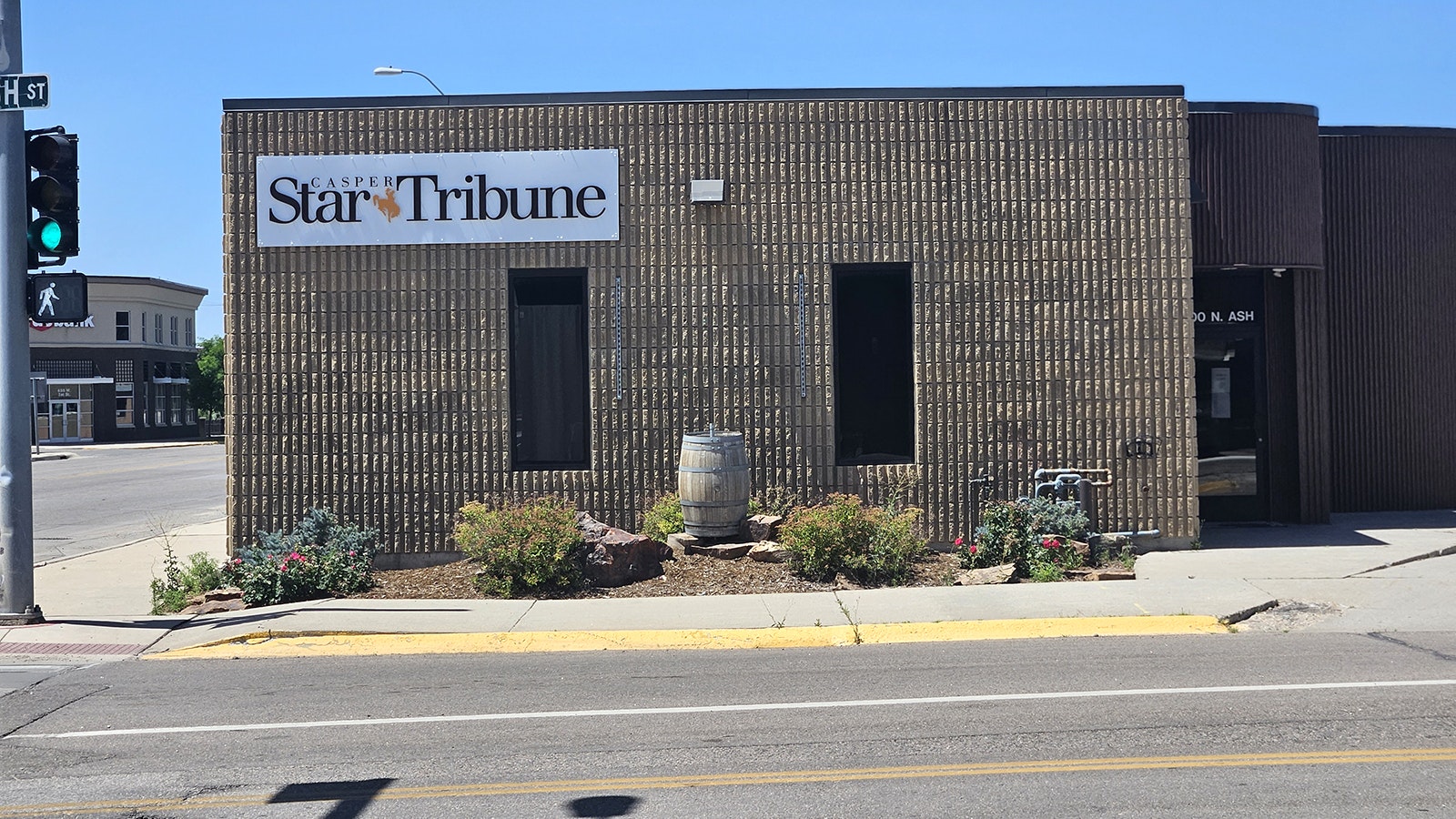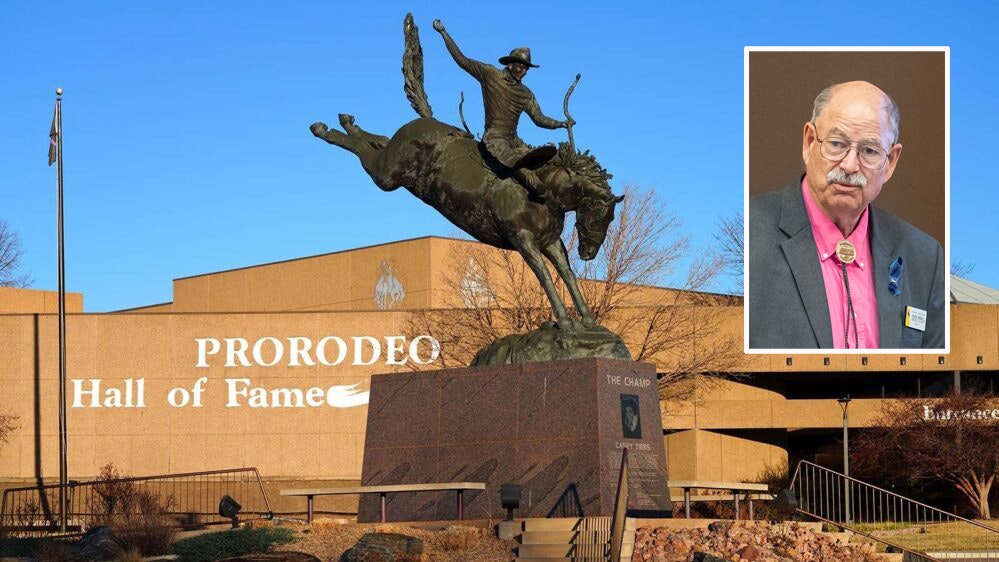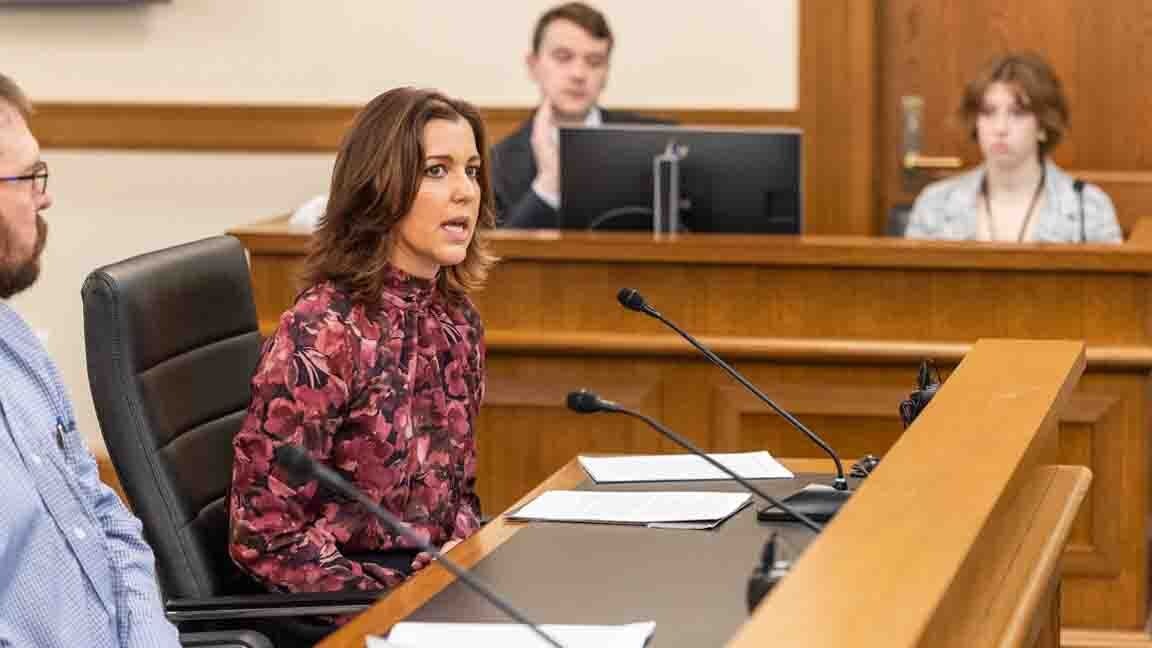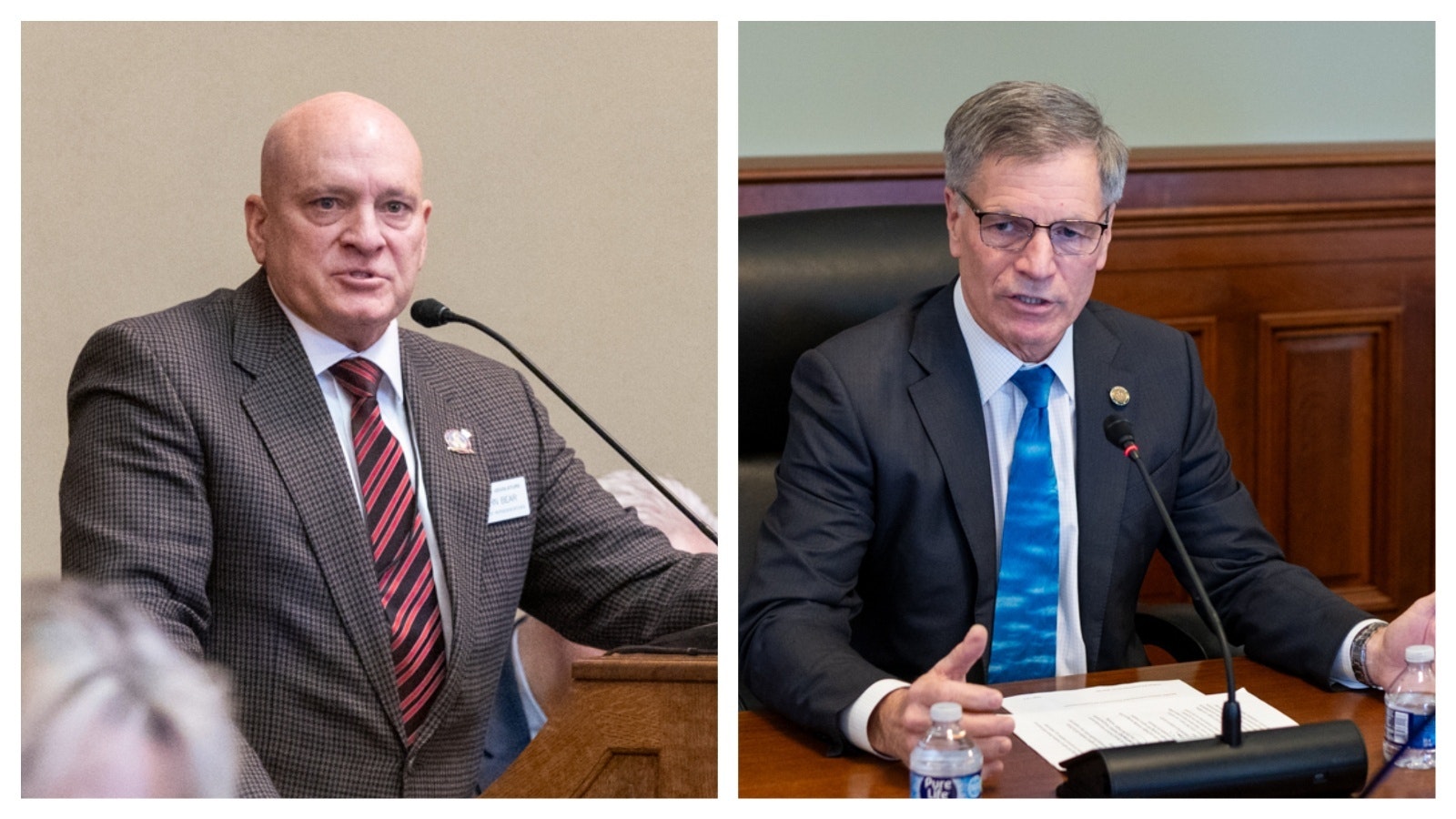Ongoing legal wrangling over legals could set a precedent that impacts how municipalities around Wyoming disseminate required public notices.
The Casper Star-Tribune is petitioning a Natrona County District Court judge to force a pair of small municipalities — the towns of Mills and Bar Nunn — to publish all of their public notices in the Star-Tribune, their newspaper of record.
The newspaper argues that Wyoming law is clear in requiring municipalities to publish legal notices in a local paper of record, but Mills and Bar Nunn both passed ordinances in 2021 designed to exempt them for publishing in a newspaper and instead put their public notices online.
In response, the Star-Tribune filed a court petition asking the ordinances to be found unconstitutional, but that case was dismissed in late 2021 after a judge found the Star-Tribune lacked standing. But the dispute didn’t end there.
The Star Tribune refiled a new case in early 2022, arguing that the paper’s monetary interest in printing the public notices is its legal standing. Attorneys representing the newspaper and towns will next be in front of a judge Aug. 3.
Towns Say Requirement Illegal
Mills and Bar Nunn say the statutes requiring public notices be posted in a print newspaper are unconstitutional at both the state and federal levels.
Even if the court disagrees with this point, the towns still say they can publish their notices where they please based on the “home rule” provision and under the context of equal protection under the Wyoming Constitution.
Mills City Clerk Christine Trumbull said the municipality posts all public notices on the city’s website and physically at City Hall and at the local post office, venues she believes receive just as many local eyeballs as notices published in the newspaper and meet the same statutory requirements.
“A lot of people don’t get the paper anymore. It’s all digital,” she said.
Bruce Moats, a longtime Wyoming First Amendment attorney representing the Star-Tribune and its parent company, Lee Publications, in the case. He firmly disagrees with the towns’ position.
“Studies have shown that newspapers are visited on a much higher average than city websites,” he said.
The Star-Tribune isn’t seeking any monetary damages against the towns. What it is seeking is a legal interpretation from the court requiring them to continue publishing their legal notices with them and other newspapers around the state.
An October bench trial is scheduled before Natrona County District Court Judge Kerri Johnson.
Changed Times
Patrick Holscher, the attorney representing Bar Nunn and Mills, has argued in court filings that the Wyoming public notice statutes have become too subjective and antiquated in the era of digital news to determine definitively what constitutes a newspaper.
He asserted in a court filing late last week that “electronic journals” are newspapers and “the internet has surpassed the paper boy as a news delivery vehicle.”
Trumbull agrees.
“We don’t even get the paper in town anymore,” she said.
The oldest state statutes the Star-Tribune references date to 1877, a time when newspapers were the only form of media available.
Holscher argues that the meaning of laws change with the times, citing a 2015 Supreme Court ruling that requires all states recognize same-sex marriage.
Although nearly all Wyoming newspapers have a website, many have resisted dedicating significant resources or time toward making that a bread-and-butter part of their operations.
“It (the case) does involve the changing (media) landscape,” Moats said. “This is the biggest threat to me for independent journalism, and I’m really concerned about it.”
A Lot Riding On Ruling
The requirement to publish legal notices in newspapers has been debated in Wyoming for as long as Moats can remember.
The Wyoming Legislature last tackled the issue in 2021, but no changes to the law were made.
Moats said this is an issue that should be handled in the Legislature rather than a courtroom. If Johnson rules in favor of the cities, it would create a legal precedent where municipalities have no obligation to print public notices in newspapers anymore.
“It replaces it with nothing, that wipes out the requirement entirely,” Moats said of the legal requirement to be transparent with the public. “To throw the whole thing out seems to be the wrong way to go.”
Other states have similar variations to the Wyoming law. In Louisiana, local governments must publish legal notices on a newspaper’s website for which the business can charge, but the newspaper must print those same notices for free. In Utah, notices must be published in print for a charge, but newspapers cannot charge for the notices that also must be published on a website.
In Wyoming, public notices must be printed in a newspaper but don’t have to be published online. A newspaper of record for a local municipality is defined as having a customer base of at least 500 paid subscribers and a circulation running 52 weeks a year.
Holscher has also argued that the statute requiring publishing public notices only pertains to counties, not cities and towns. Moats argues the law still applies to those entities.
All About Readership
Dale Bohren worked for the Star-Tribune from 2004-2021, including a stint as publisher of the newspaper.
Speaking as a private person not representing the newspaper, Bohren believes distribution metrics are everything when it comes to the importance of public notices. Although something as mundane as a city gravel purchase may seem bland on its surface, the acquisition is still public tax dollars at work.
“They can say, ‘Well, we made it public,’ but what really makes it public is distribution,” he said. “News is important, but that’s nothing without distribution.”
Bohren also expressed concern about local governments having publishing power over their notices, allowing them to make small changes to fit their agendas. That includes the potential to change them after the fact.
“If they’re making their own public record, it’s more convenient to make a small change,” he said. “That’s the whole value of this (current law).”
Costly Or Not?
Trumbull said her city hasn’t stopped publishing public notices in the Star-Tribune while the court petitions have been ongoing.
But according to the original filing petition, the Star-Tribune has lost “an undetermined amount of revenue” since the municipalities have stopped publishing meeting minutes.
The publishing of public notices has always been an important piece of revenue for print newspapers, and as print advertising has shrunk, keeping it has become even more vital. Small weekly papers particularly dependent on the revenue from public notices.
Trumbull said Mills pays the Star-Tribune a “super significant” amount of money eachyear to publish public notices.
Moats said that overall, less than 1% of city budgets are spent on publishing public notices.
Bohren wouldn’t directly answer how financially valuable or not public notices are for the Star-Tribune, but did say the newspaper doesn’t lose money on printing them.
Final Legacy
This case is the last one Moats is litigating in a storied career as longtime legal counsel for the Wyoming Press Association.
He worries that if the court rules against the Star-Tribune, it will set a precedent in a time whenthe print media industry is already struggling.
“At a time when the newspapers around the state are facing financial constraints, if the court rules against us it will result in even less revenue going to them,” Moats said.
A former reporter himself, Moats views the case in some ways as an important capstone to a career he spent dedicated to fighting for the First Amendment and transparency.
“I fear we will be depending on government websites for information rather than reporters like a young Bruce Moats telling the public what they said,” he said.
Leo Wolfson can be reached at leo@cowboystatedaily.com.





